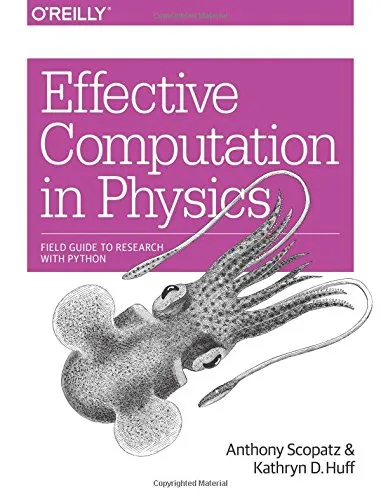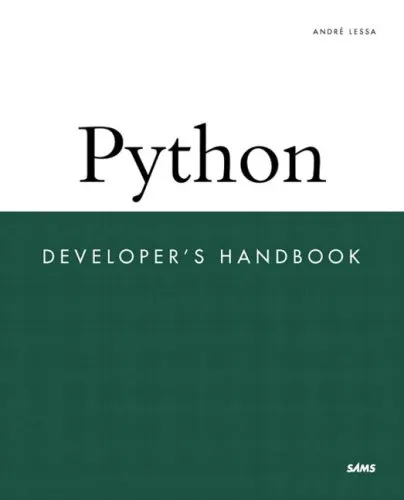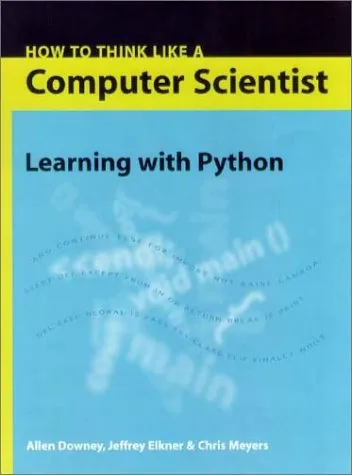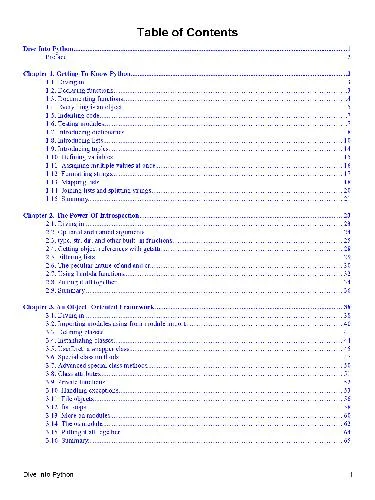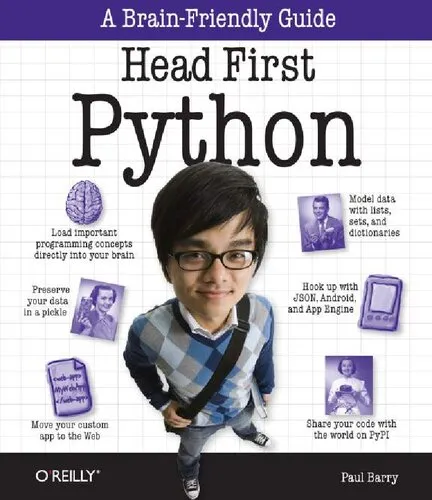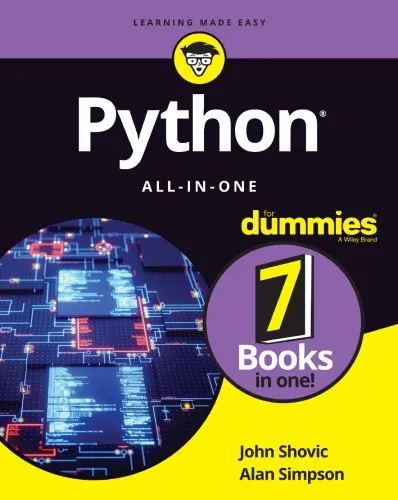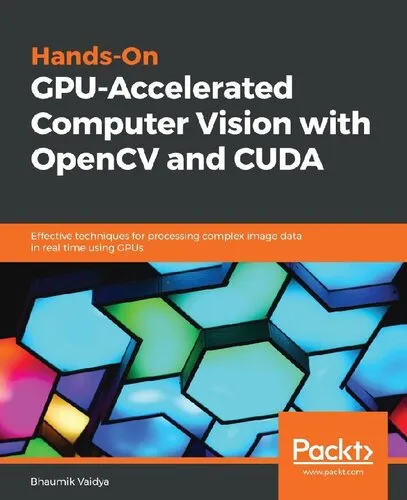Effective computation in physics : field guide to research with Python
4.5
Reviews from our users

You Can Ask your questions from this book's AI after Login
Each download or ask from book AI costs 2 points. To earn more free points, please visit the Points Guide Page and complete some valuable actions.Related Refrences:
Welcome to the world of Effective Computation in Physics: Field Guide to Research with Python, a comprehensive guide designed to enhance your computational skills and productivity in physics research. Whether you're a student, a researcher, or an industry professional, this book serves as a valuable resource to help you tackle complex scientific problems using Python.
Detailed Summary of the Book
This book is not just a tutorial on the Python programming language. Rather, it serves as an imperative bridge linking the robust functionalities of Python with the intricate demands of physics research. Authored by Dr. Kathryn D. Huff and Dr. Anthony Scopatz, the book is tailored for physicists who strive to streamline their computational workflows.
The narrative begins with an introduction to Python's ecosystem, explicating essential tools and libraries suitable for scientific computing, such as NumPy and SciPy. It then delves into the concepts of data analysis, simulation, and visualization—areas pivotal for physicists to draw meaningful insights from complex datasets. The book strategically includes lessons on version control systems, testing, and validation, ensuring that physicists enhance their code reliability and reproducibility.
Moreover, the text is peppered with practical tips gleaned from the authors’ extensive experience in the field. Through engaging examples and carefully crafted exercises, readers are guided to construct solutions that adhere to best coding practices. This nurturing allows them to foster a codebase that is both maintainable and scalable.
Key Takeaways
- Master the art of effective scientific computing using Python.
- Understand and apply best practices in programming, data management, and version control.
- Grasp the Python libraries that are essential for data analysis, modeling, and visualization.
- Enhance your productivity through practical tips for research programming.
- Elevate your projects with automated testing and validation for reliable results.
Famous Quotes from the Book
“Effective computation is not just about knowing how to code. It’s about using tools wisely and with purpose.”
“The barrier to entry for scientific computing has been dramatically lowered. Embrace it and expand your research capabilities.”
Why This Book Matters
In today’s data-driven research environment, computational excellence is no longer optional; it is a fundamental prerequisite. Effective Computation in Physics stands as a beacon for researchers aiming to harness the full potential of modern-day computational tools. This book is invaluable for easing newcomers into the complex ecosystem of Python, all while serving as a robust reference for seasoned practitioners.
Emphasizing a pragmatic approach, the book is tailored for the physics community but is of tremendous benefit to any scientific domain reliant on computation. Notably, it addresses a critical gap—bridging theoretical understanding with computational proficiency. Thus, each reader is empowered to not only automate mundane tasks but also to foster innovation in their scientific inquiries.
In an age where interdisciplinary collaboration and rapid prototyping are key, Effective Computation in Physics equips scientists with the toolkit necessary to thrive, fostering both individual growth and collaborative successes. It aligns with the digital transformation of scientific research, ensuring that readers are well-prepared to meet the demands of modern scientific challenges.
Free Direct Download
You Can Download this book after Login
Accessing books through legal platforms and public libraries not only supports the rights of authors and publishers but also contributes to the sustainability of reading culture. Before downloading, please take a moment to consider these options.
Find this book on other platforms:
WorldCat helps you find books in libraries worldwide.
See ratings, reviews, and discussions on Goodreads.
Find and buy rare or used books on AbeBooks.
1287
بازدید4.5
امتیاز50
نظر98%
رضایتReviews:
4.5
Based on 0 users review
"کیفیت چاپ عالی بود، خیلی راضیام"
Questions & Answers
Ask questions about this book or help others by answering
No questions yet. Be the first to ask!
